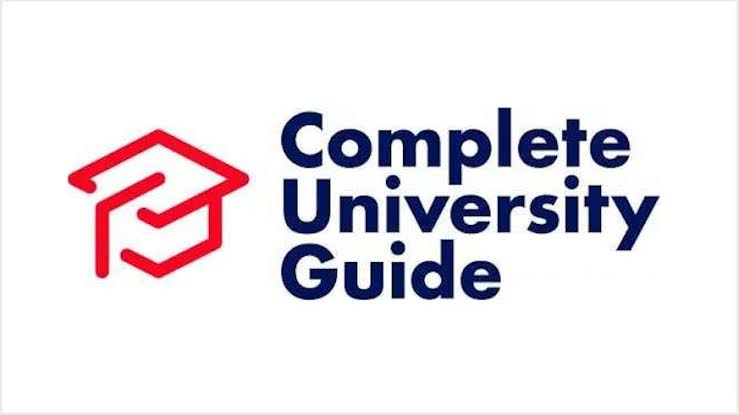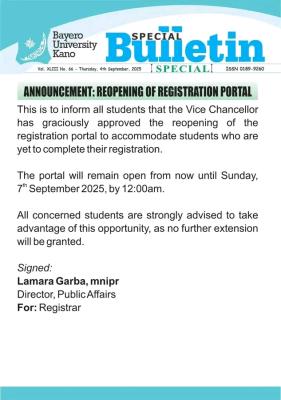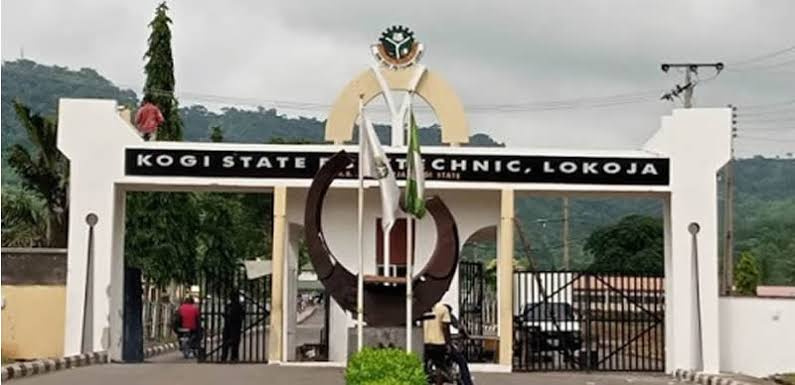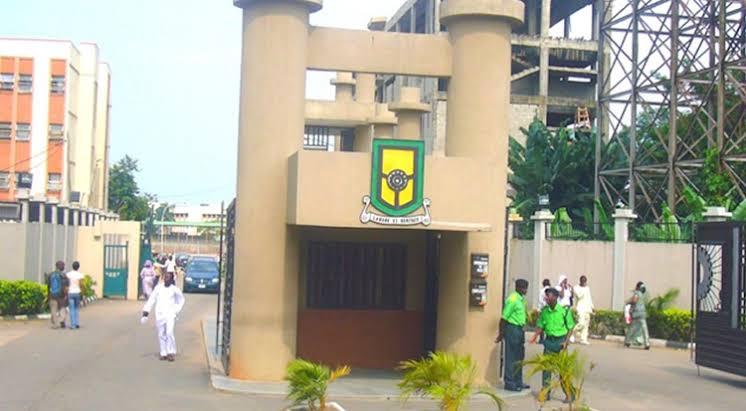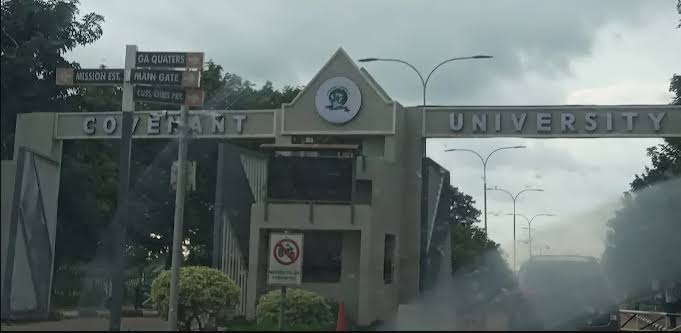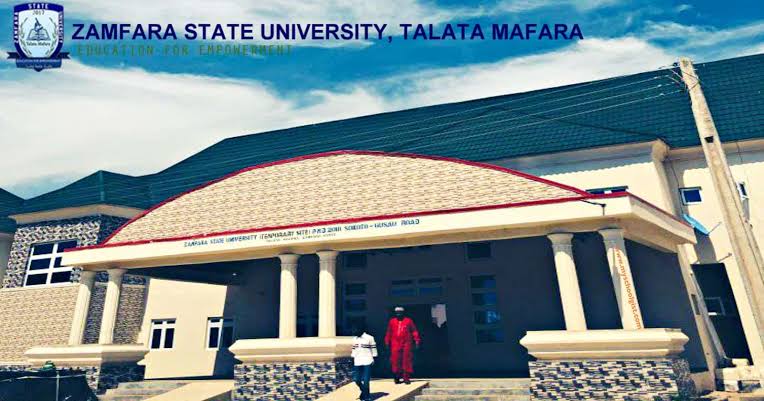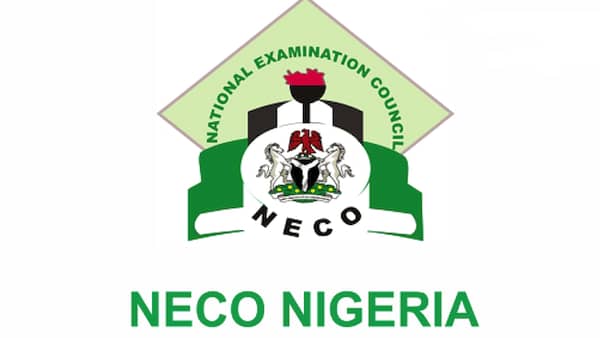Every Nigerian student dreams of gaining admission into a university, but beyond the stress of JAMB, Post-UTME, and screening, there is another challenge many students and parents face: the cost of gaining admission.
Contrary to what many think, securing admission is not just about paying tuition fees. From registration to clearance, there are hidden costs that can shock unprepared students. If you are seeking admission in the 2025/2026 academic session, this guide will help you understand the real financial requirements so you can plan ahead.
1️⃣ JAMB UTME Registration – ₦6,000 to ₦8,500
The journey begins with registering for the Unified Tertiary Matriculation Examination (UTME). The official cost includes:
- JAMB Form: ₦6,000
- CBT Service Charge: ₦700
- Mock Exam (optional): ₦1,000
👉 Total: Around ₦6,700 – ₦8,500
2️⃣ O’Level Result (WAEC/NECO/NABTEB) – ₦18,000 to ₦27,000
Before admission, you need your WAEC/NECO certificate. The cost depends on:
- WAEC: ₦18,000 – ₦25,000 (depending on your center).
- NECO: ₦17,000 – ₦20,000.
- NABTEB: ₦18,000 – ₦22,000.
👉 If you already wrote and passed, you’ll only need to pay for result checking PIN (₦1,500 – ₦2,000).
3️⃣ Post-UTME/Screening Fee – ₦2,000 to ₦5,000
Almost every school in Nigeria conducts either Post-UTME exams or online screening.
- Schools like UNILAG, UNN, UI, OAU charge between ₦2,000 – ₦5,000.
- Some polytechnics and colleges charge slightly less.
4️⃣ Change of Institution/Course (If Needed) – ₦2,500 per Change
Many students later realize they need to change their course or institution to improve their admission chances.
- JAMB charges ₦2,500 per change.
- Multiple changes mean multiple payments.
5️⃣ Acceptance Fee – ₦20,000 to ₦75,000
This is one of the biggest surprises for fresh students. Once you are offered admission, you must pay an acceptance fee before you can proceed with clearance.
- Federal universities: ₦20,000 – ₦40,000.
- State universities: ₦30,000 – ₦50,000.
- Private universities: ₦50,000 – ₦75,000.
👉 Without this payment, your admission will be considered forfeited.
6️⃣ School Fees (First Year) – ₦50,000 to ₦2,000,000
Tuition varies greatly depending on the type of institution:
- Federal Universities: ₦50,000 – ₦150,000 (depending on faculty).
- State Universities: ₦100,000 – ₦250,000.
- Private Universities: ₦500,000 – ₦2,000,000+.
👉 Courses like Medicine, Law, and Engineering are usually more expensive than Arts or Education.
7️⃣ Hostel Accommodation – ₦25,000 to ₦200,000 per Session
Accommodation depends on the institution and whether you stay in school hostels or rent off-campus.
- Federal universities: ₦25,000 – ₦60,000.
- State universities: ₦40,000 – ₦100,000.
- Private universities: ₦150,000 – ₦200,000.
👉 Off-campus housing may even be more expensive in big cities like Lagos, Abuja, and Port Harcourt.
8️⃣ Medical Test & Clearance – ₦5,000 to ₦20,000
Most schools require new students to undergo medical fitness tests.
- Tests may include blood group, genotype, chest X-ray, etc.
- Some schools insist it must be done at the school health center.
9️⃣ Other Charges – ₦10,000 to ₦50,000
These are the small but important fees that many students overlook:
- ID card processing.
- Departmental/faculty dues.
- Student union dues.
- Library/ICT/Portal access fees.
💵 Estimated Total Cost Breakdown (First Year)
| Item | Federal Uni | State Uni | Private Uni |
|---|---|---|---|
| JAMB Registration | ₦6,000 – ₦8,500 | ₦6,000 – ₦8,500 | ₦6,000 – ₦8,500 |
| WAEC/NECO/NABTEB | ₦18,000 – ₦27,000 | ₦18,000 – ₦27,000 | ₦18,000 – ₦27,000 |
| Post-UTME/Screening | ₦2,000 – ₦5,000 | ₦2,000 – ₦5,000 | ₦2,000 – ₦5,000 |
| Acceptance Fee | ₦20,000 – ₦40,000 | ₦30,000 – ₦50,000 | ₦50,000 – ₦75,000 |
| School Fees | ₦50,000 – ₦150,000 | ₦100,000 – ₦250,000 | ₦500,000 – ₦2,000,000+ |
| Hostel | ₦25,000 – ₦60,000 | ₦40,000 – ₦100,000 | ₦150,000 – ₦200,000 |
| Medical Test & Clearance | ₦5,000 – ₦15,000 | ₦5,000 – ₦15,000 | ₦10,000 – ₦20,000 |
| Other Charges | ₦10,000 – ₦30,000 | ₦20,000 – ₦40,000 | ₦30,000 – ₦50,000 |
| Total (First Year) | ₦136,000 – ₦335,500 | ₦221,000 – ₦495,500 | ₦766,000 – ₦2,385,500+ |
🧾 Final Note for Students & Parents
As you can see, gaining admission into a Nigerian university goes beyond just passing JAMB — it requires financial planning. Federal universities remain the most affordable, state universities are moderate, while private universities are the most expensive.
👉 Students are advised to start preparing early, save money, and avoid last-minute struggles. Parents too should plan ahead because acceptance fees and other charges often come within a short period after admission is offered.
❓ FAQ
Q1: Can I pay acceptance fees in installments?
👉 No. Acceptance fees are usually paid once, and failure to pay within the deadline can make you lose your admission.
Q2: Do all schools provide hostel accommodation?
👉 No. Some schools have limited hostel spaces, so students may have to rent off-campus.
Q3: Are private universities worth the cost?
👉 Yes, if you can afford them. They often have better facilities and shorter academic calendars since strikes rarely affect them.
Q4: Why are some courses more expensive than others?
👉 Professional courses like Medicine, Law, and Engineering require more facilities, equipment, and lecturers, hence the higher fees.
🎯 Conclusion
Getting admission in Nigeria is exciting, but it is also a financial journey. From JAMB registration to hostel fees, students should prepare for both academic and financial demands. Whether you choose a federal, state, or private university, being financially ready is just as important as passing JAMB.
If you’re a 2025 admission seeker, start saving now — because education is not just about books, it’s an investment in your future. 🌍📚
